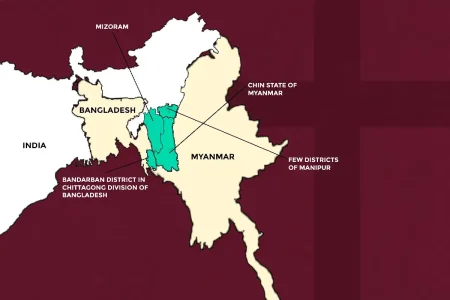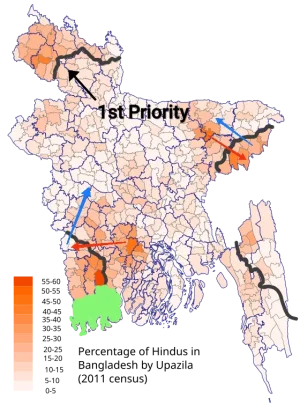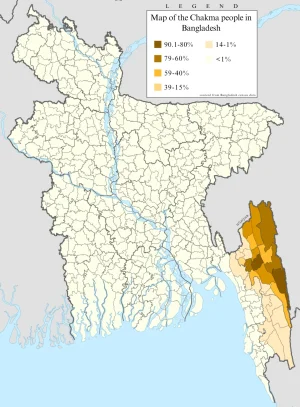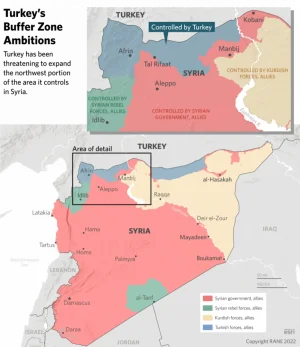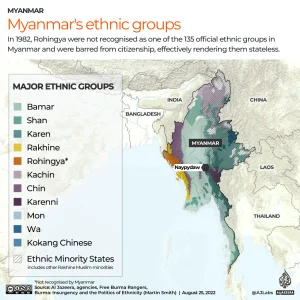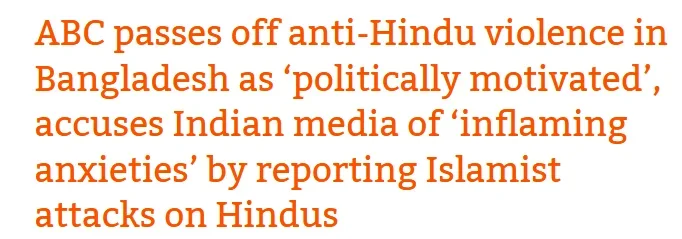Is Adopting the Westminster System Undermining India's Independence?
(Open Thuggery has unseated a duly elected Bangladesh Government; a great weakness of Parliamentary democracy)
I am writing this political essay by not being an expert but watching political deal making with substantial financial incentives in the country. This being the result of India’s democracy, modeled after the Westminster system (British) has notable flaws. Since Nehru’s time, angry and corrupt politicians and officials can destabilize the government, a phenomenon captured by the phrase "Aaya Ram, Gaya Ram." This issue, initially prominent in Haryana, highlights the risk of adopting a system without fully understanding its nuances.
India’s political parties often fracture along caste, creed, and ethnicity lines, leading to demands that disrupt governance. This results in horse trading and frequent government collapses, as seen recently in Maharashtra. In contrast, the British system evolved over centuries with well-established rules and a history of effective leadership keeps it stable. Transition is not by flip-flop by greedy politicians but by the people thru vote.
The reorganization of Indian states in the 1950s based on language and culture exacerbated divisions. This led to the creation of numerous smaller, often economically unviable, states. These states, burdened with heavy administrative costs and corruption, struggle to function efficiently.
Today we are back to small provinces, like the way we were in the 18th century when the British came and conquered one by one by deceit or by unequal battles. It is just a matter of time that an outside power will try and split India apart. Already seeds of an outside power support are visible to create a Christian state in the east.
Nehru’s adoption of the Westminster model didn't account for India's eight hundred years history of autocratic Muslim & British rule and vast diversity. The reorganization in 1950s based on linguistic and cultural lines further complicated governance. As a result, many states struggle to complete full terms without financial incentives to corrupt politicians.
Also current prevalent practice of promoting their children for political jobs is re-creating the dynastic rule of Middle Ages. All political parties in India are victims of this practice starting with the Congress Party down to all other governing parties in states. It is a malaise, which is of recent origin but is beginning to undermine the unity of the country.
In contrast when US opted for presidential form of governance with three equal balancing heavy weights of Executive, Legislature and Supreme Court as power centres they eliminated ‘Aaya Ram and Gaya Ram’. Moreover a head of the government both in the provinces and the country serves his full term. This maintains continuity in governances. All other form of governance by people’s representatives is performed in the Congress (Parliament).
Many other countries have presidential form of government a bit different from US where president is directly elected by the people. They probably have other political problems but none of the type which India has.
Under the current circumstances where the political leaders at the highest level or at the entry level are so comfortable with the current system that they will refuse to change it. Moreover with the political power and financial incentives which they have, they will refuse to consider a change. Hence, no matter how honest is the top executive, the door is open for corrupt politicians to retain power elsewhere.
